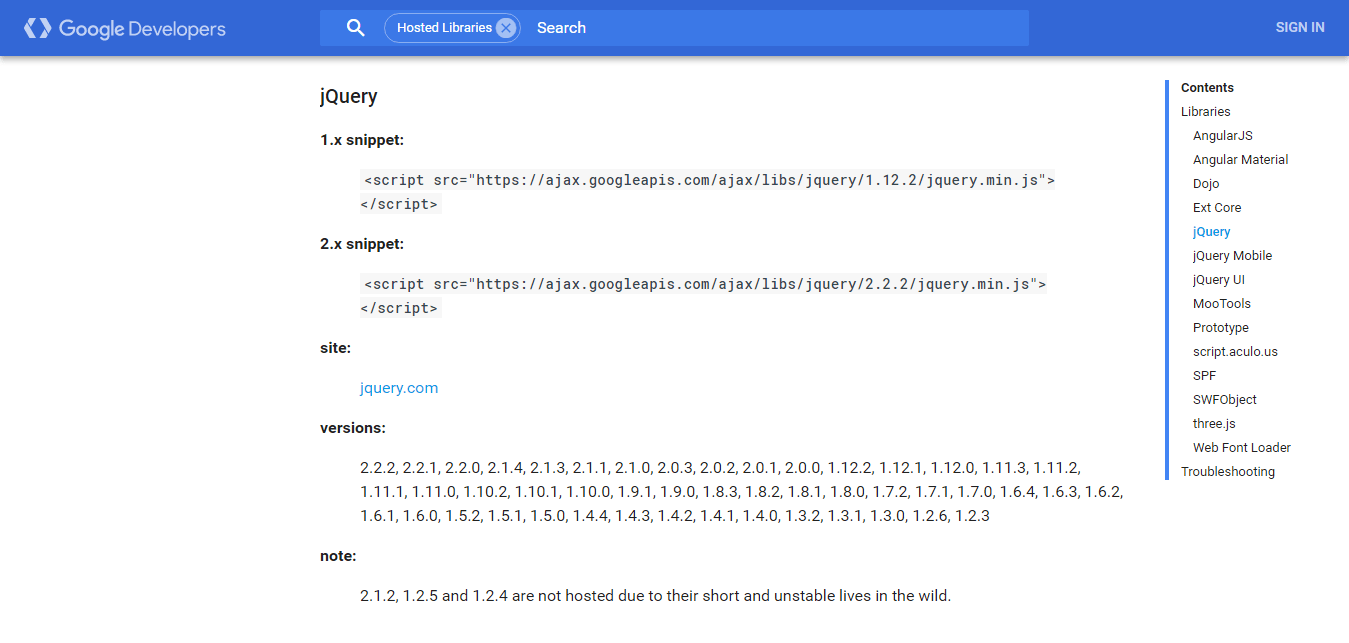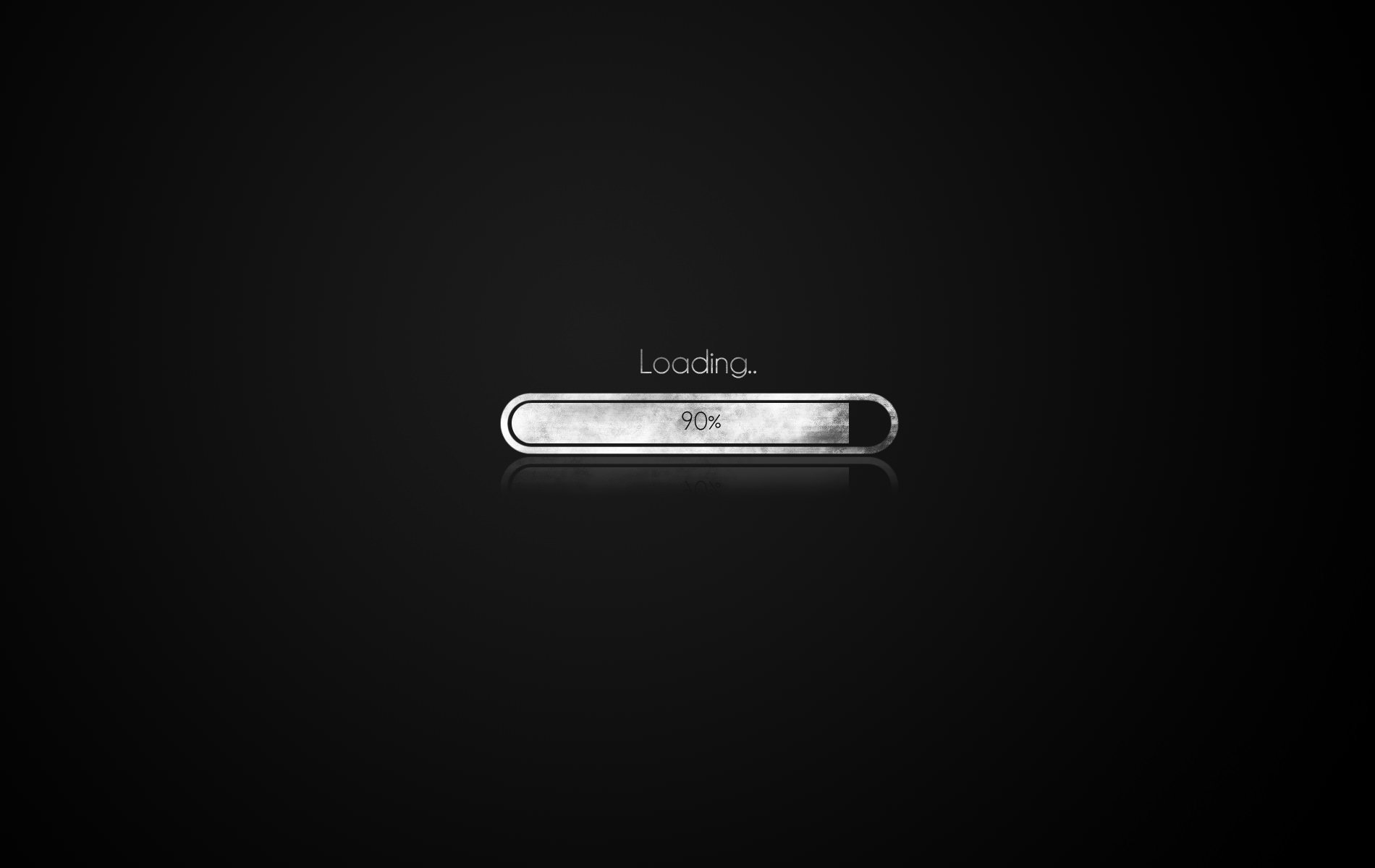
Everyone likes a snappy website. But is speed all that matters…? Does ‘Speed’ equal ‘User Experience’? Are they two different ways of saying the same thing?
Everyone likes a snappy website. But is speed all that matters…? Does ‘Speed’ equal ‘User Experience’? Are they two different ways of saying the same thing?
Nope. Sorta.
Is the short answer we would give, although opinions can and most certainly do vary. As with most things, the answer depends on whom you ask. Perhaps even when you ask them!
“…if there is a single word that approaches encapsulating User Experience in its entirety, it would be – we believe – speed.”
That said, if there is a single word that approaches encapsulating User Experience in its entirety, it would be – we believe – speed. Specifically, the speed with which your website loads, can be interacted with, and navigated through.
But ‘speed’ is not the be-all-end-all element of UX (User Experience) that the ‘anti-webpages-above-400kb-no-one-will-stay-on-your-website-if-it-takes-longer-than-.172-milliseconds-to-load’ set seems to truly believe it to be (usually because of misunderstood studies or evidence that is at best tremulous, and at worst nonexistent).
Take Craigslist, as but one example. Craigslist is pretty snappy; and, what is more, fulfills its function. But, User Experience goes beyond utility or fulfillment-of-purpose, and enters decidedly into the realm of aesthetics and form. Moreover, User Experience does so as instantaneously as the impression left by a site’s loading speed – perhaps even faster. The question, in this particular example, then, is this: … is Craigslist… beautiful?
So, that’s the dichotomy, really: Form vs. function; aesthetics vs. utility. But is this dichotomy really an either-or proposition? Can’t we have both?
There is No Spoon, Neo: The Form-Function Synthesis
Seen the changes PayPal has been making lately? Parallaxed headers and video backgrounds on their homepage, an aesthetically rich while simultaneously quick and navigable user dashboard, etc.
“People like to look at beautiful things, at color, at movement, at a thing’s dynamism. It is no different with websites.”
And Twitter? Facebook? What’s the allure of Pinterest?
There is a reason (a very good one) why the developers of such mega-sites have such an obvious respect for the form of these sites; for the aesthetics of these sites. The reason? People like to look at beautiful things, at color, at movement, at a thing’s dynamism. It is no different with websites.
The afore mentioned sites are good examples of what we at WpFASTER refer to as the “the Form-Function Synthesis” in website design. In short, they are in no way sacrificing aesthetics for speed, nor are they sacrificing speed for aesthetics. All of these sites share the trait of form and function synthesized into a whole that is greater than the sum of their parts. Which, in the end, is arguably what a superior User Experience constitutes in its most holistic sense.
The Future: it Ain’t Craigslist
Website’s are getting huge. Indeed, they get bigger in total per-page size every year in direct response to how people react to a website’s aesthetic diversification and to a more fluid, que sera sera approach to site design and development. This is both good and bad, with the good being improved UX for the sites that have found a good balance between form and function, and the bad being that a lot of sites aren’t developing their increasingly larger sites very well…at all. Indeed, the adage of “molasses in January” springs to mind.
The odds of page sizes decreasing over the coming years are slim and none. Ergo, it stands to reason that website minimalists/flatists will ultimately lose the web war. This is, of course, not to say that they do not and will not have had a point. Specifically, that speed is critical.
“…it stands to reason that website minimalists/flatists will ultimately lose the web war.”
And so the efforts, we think, over the coming months and years of website design and development (indeed the whole of the Web) will be not so much the story of how sites were made smaller so as to fit better into a technically restrictive Internet, but more of how the Internet was technically adapted and refined to suit very large – yet very well designed and developed – websites.
In summary, perhaps we might best answer our own question above with the following: While speed does not equal User Experience per se, there is some subjective point at which, relative to each website, the two morph into more of a continuum than they do hold onto a mutual exclusivity. Alas, this is the point at which the post might otherwise erode(?) into some philosophical snooze… which means buh-bye.
Share Your Thoughts: Does Speed Equal User Experience?
RECENT POSTS






